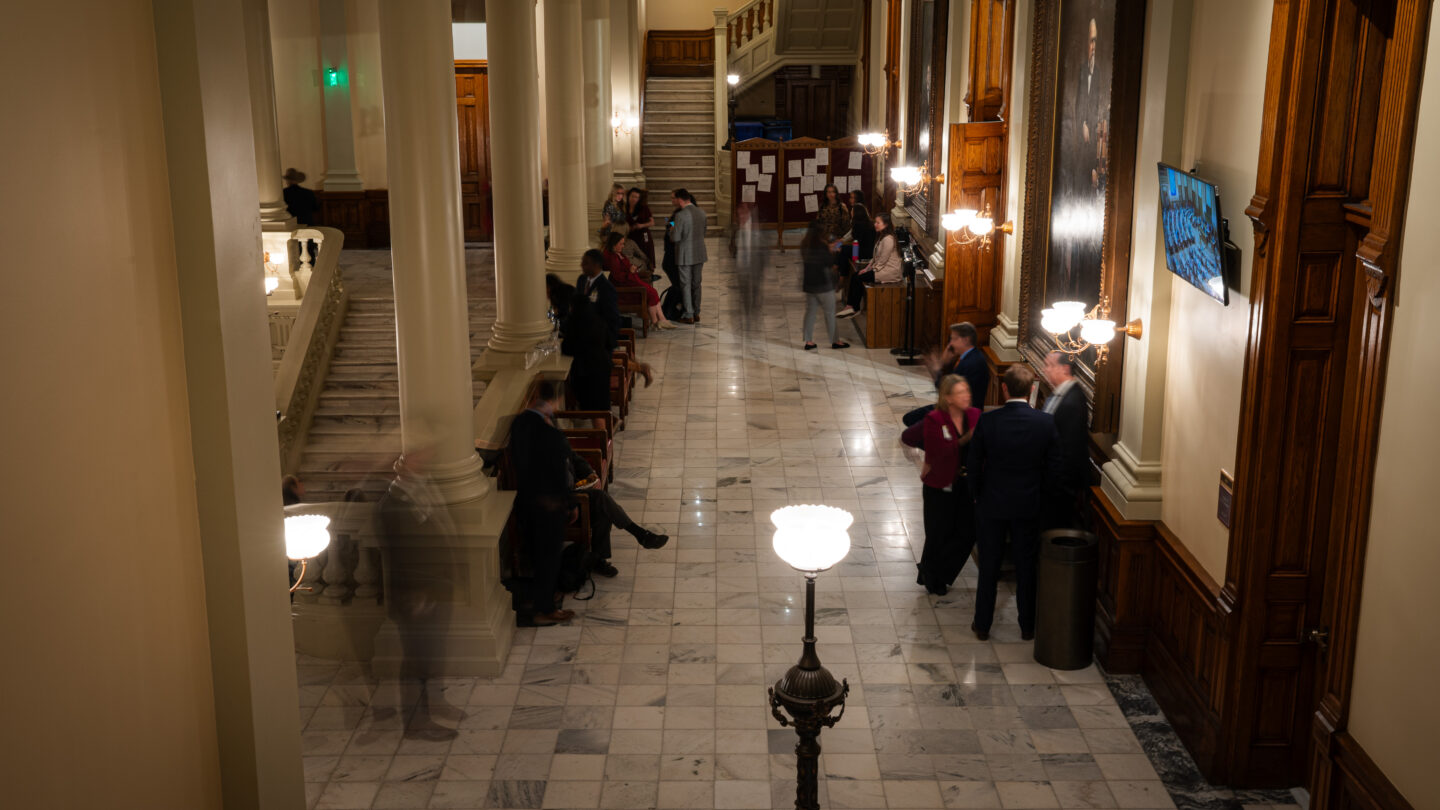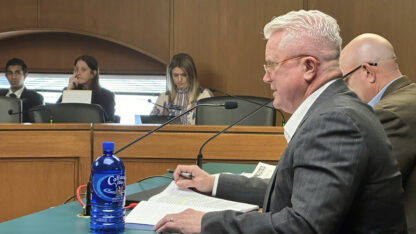Crossover Day comes just over two-thirds into the Georgia legislative session. Held on Feb. 29 for the 2024 Georgia Legislative Session, the day is both a deadline and a landmark.
Crossover Day is a procedural due date; a bill must pass at least one full vote in its originating chamber by Crossover Day if it has any hope of becoming law. If it does, the bill will “cross” chambers to be considered and, eventually, voted on once more.
The Gold Dome buzzes with an air of anticipation, with the ceremonial-like day prompting lawmakers to signal what they are most serious about bringing to term.
This year, a healthy crop of education policies are part of that pool.
Among the bills to survive Crossover Day with bipartisan support, the legislation would support charter schools, offer mental healthcare for student-athletes, increase the limit on college savings accounts and even prepare schools for dealing with opioid overdoses.
Republican State Senator Clint Dixon is the sponsor of that last one, also known as “Wesley’s Law,” a bill named after his wife’s cousin, Wesley, who passed away after taking a substance laced with fentanyl.
“This bill is to honor him,” Dixon said.
The Senator also sponsored a couple of laws that did not survive the Crossover Day deadline.
One of them was part of a wave of controversial library laws that did not make it to the session’s home stretch.
Dixon’s law–Senate Bill 394–would have created a new “restricted” category for school materials with “sexually explicit” content; younger students would not have access, and older students would need parental permission.
Opponents of the legislation said the bill is part of an anti-LBGTQ riptide in the Georgia legislature. But others–Dixon included–said the bill was a necessary step to keep kids safe from mature content.
“It’s always a marathon, not a sprint in the legislature,” Dixon said. “We’ll continue to perfect it and hopefully bring it back up next year.”
A different library law, however, –Senate Bill 390 –survived last week. That bill would cut ties between the American Library Association (ALA) and Georgia’s public and school libraries.
Republican state senator Larry Walker, the bill’s sponsor, says ALA funds were used to diversify his local library catalog, which is why he brought this legislation to the Gold Dome.
Democrat state senator Elena Parent voted against it.
“In a state where two-thirds of kids cannot read on grade level, we have so many more bills addressing what children should or should not be able to read instead of focusing on the actual five-alarm fire problem,” she said. “Many of them cannot read well, if at all.”
S.B. 390 cleared the Senate on a party line, 33 votes to 20. It has now crossed into the House of Representatives.









